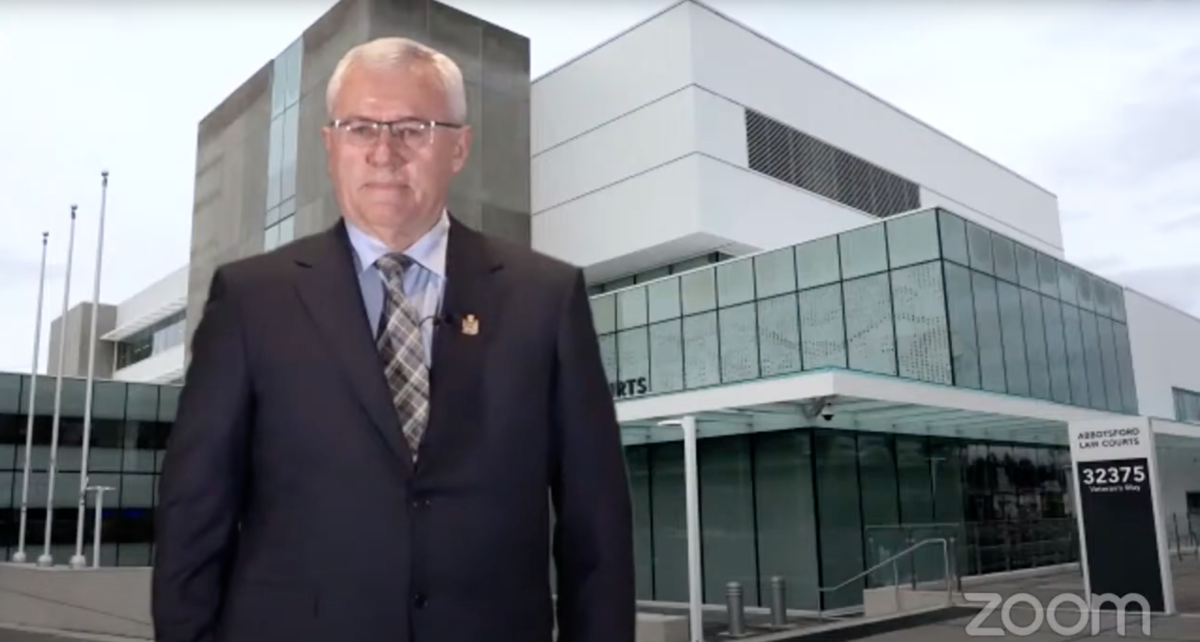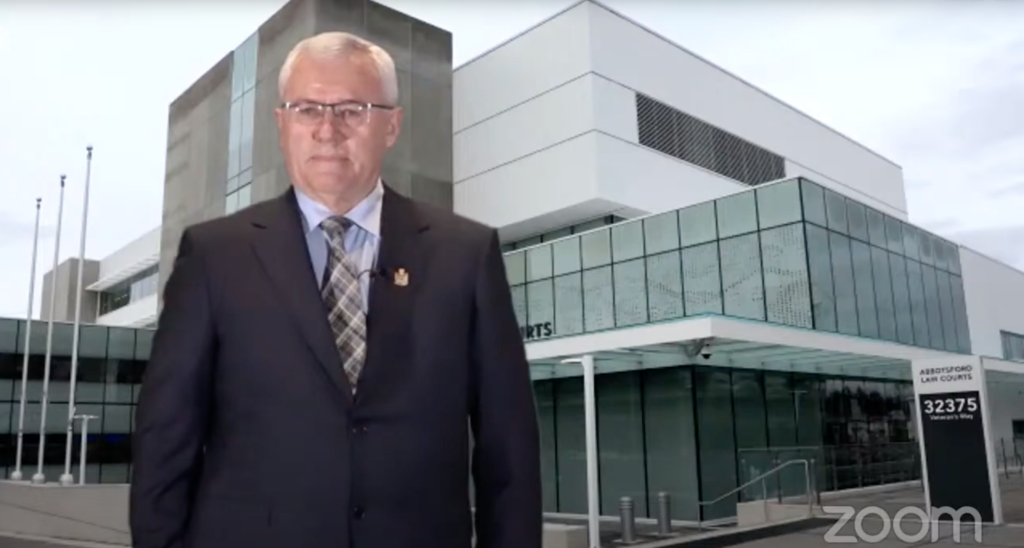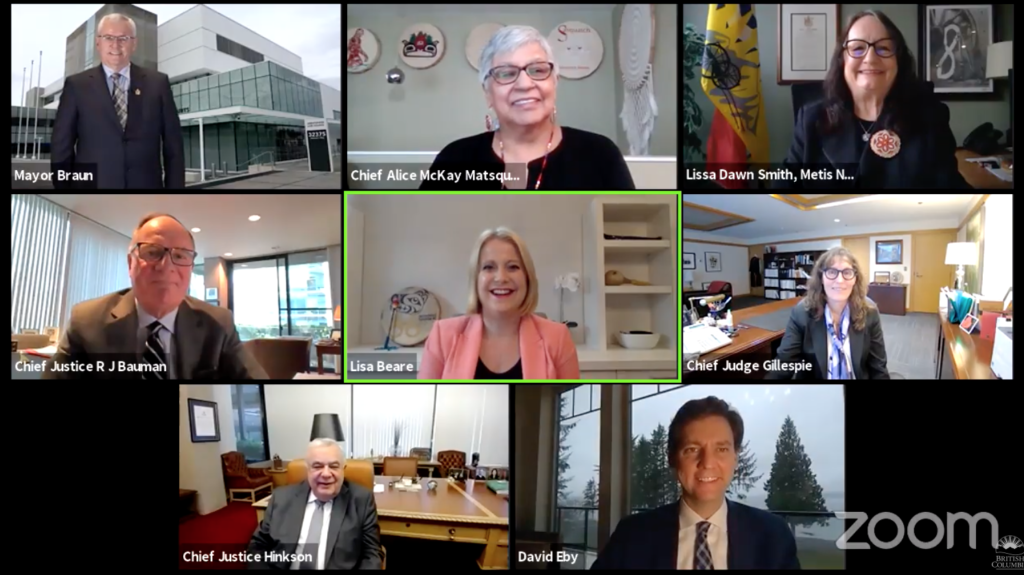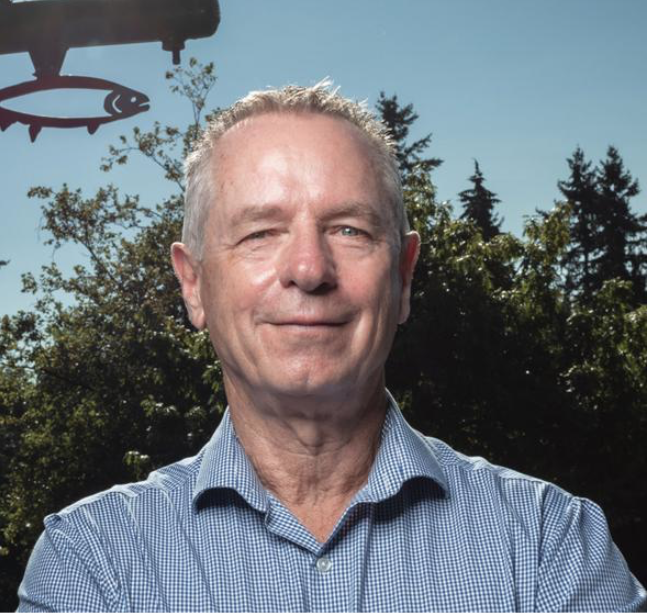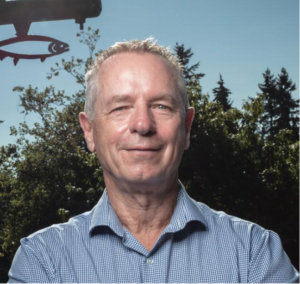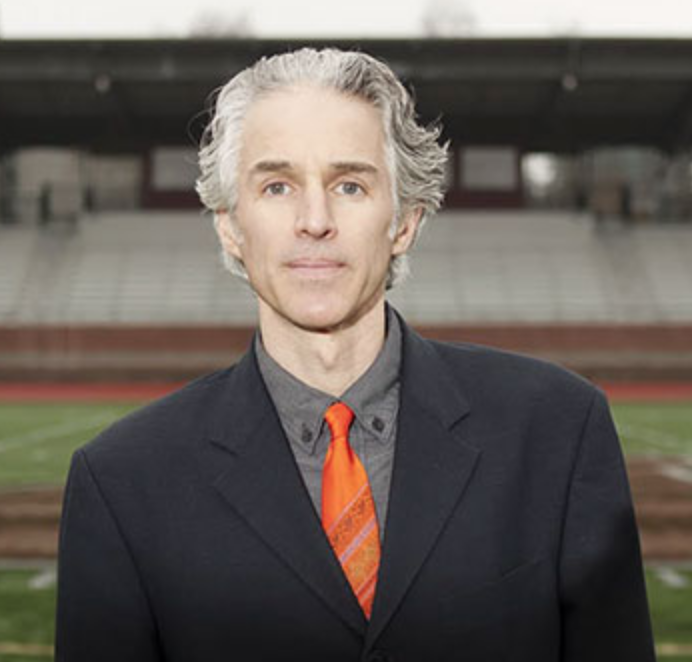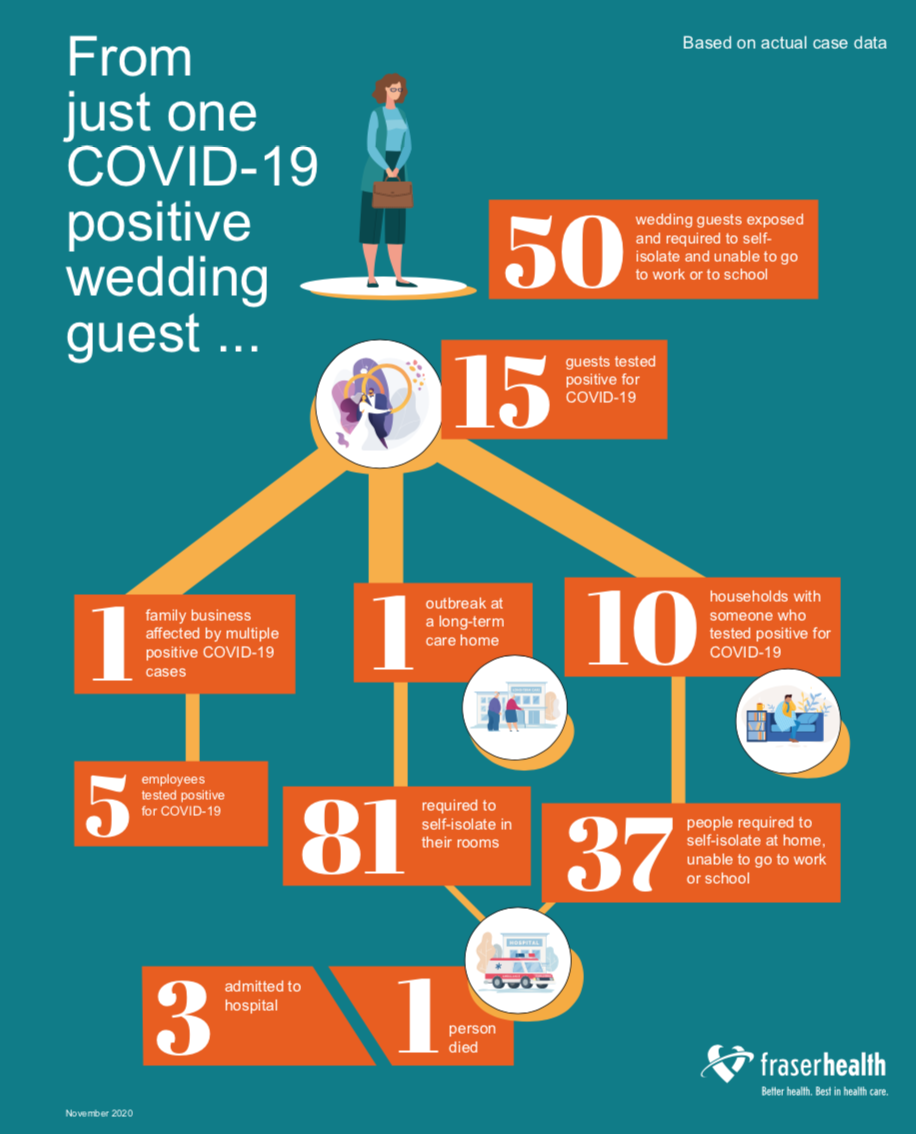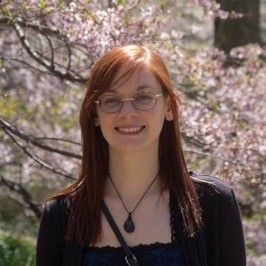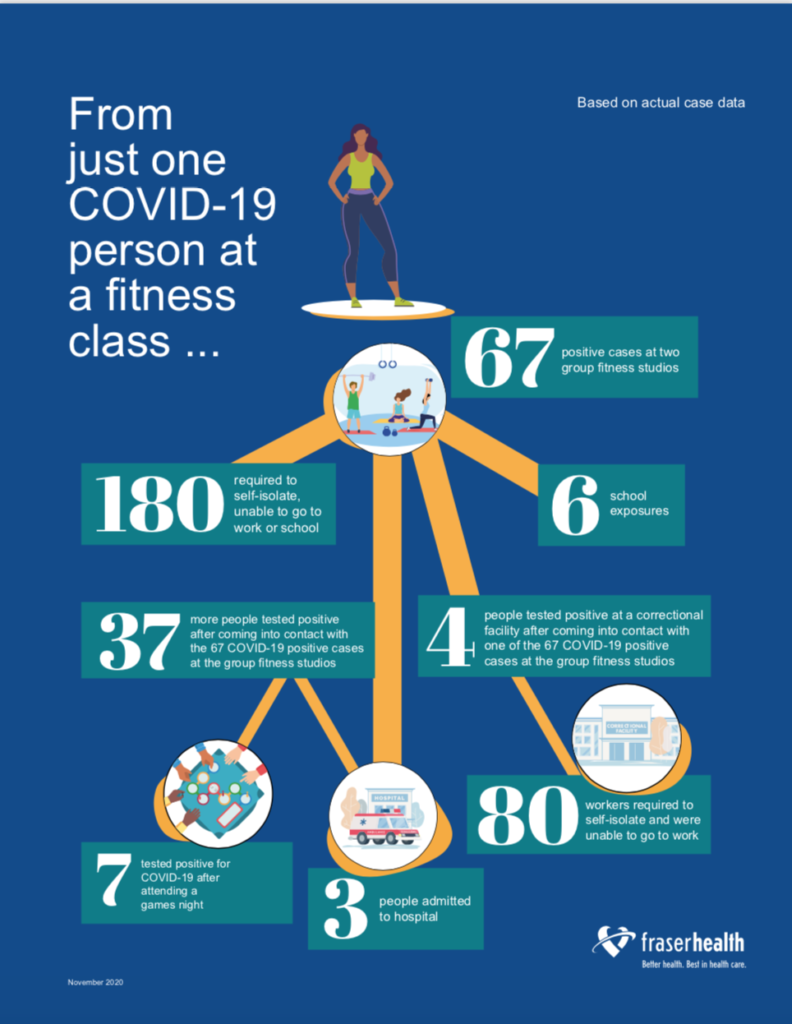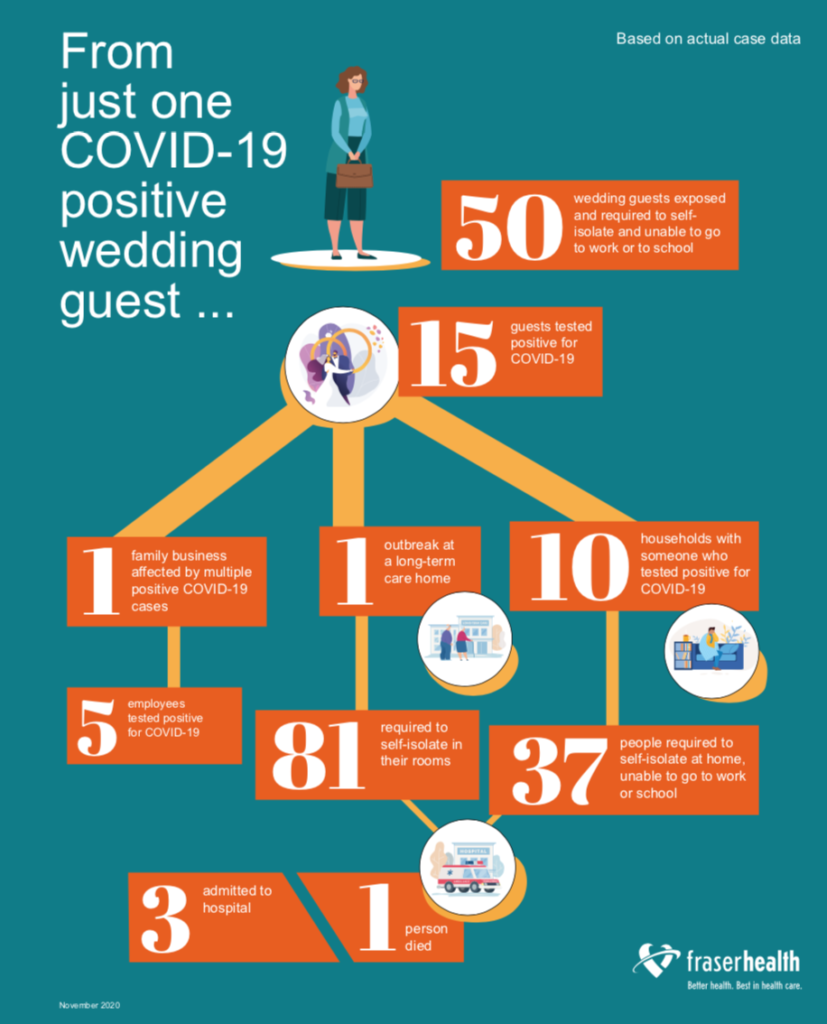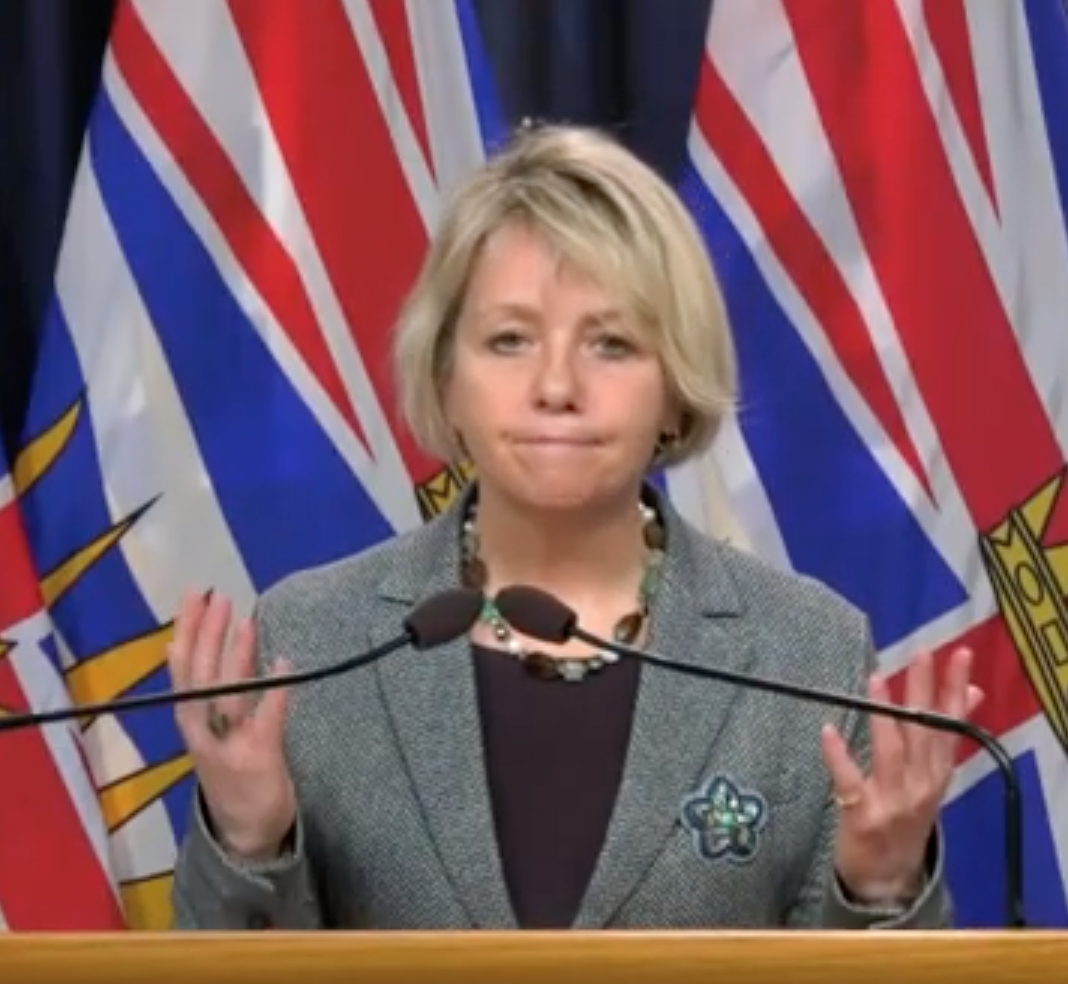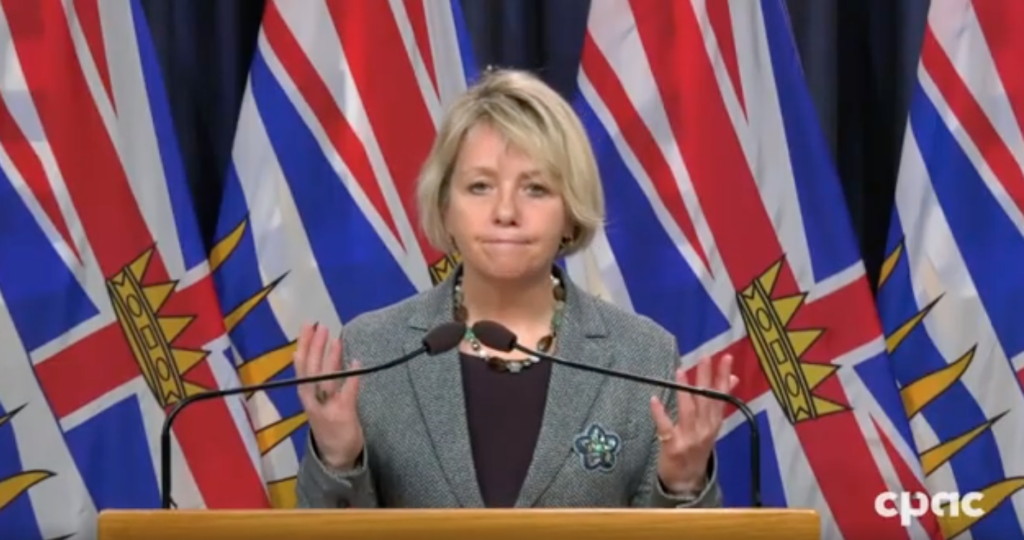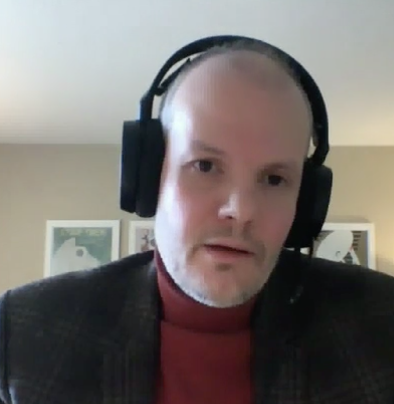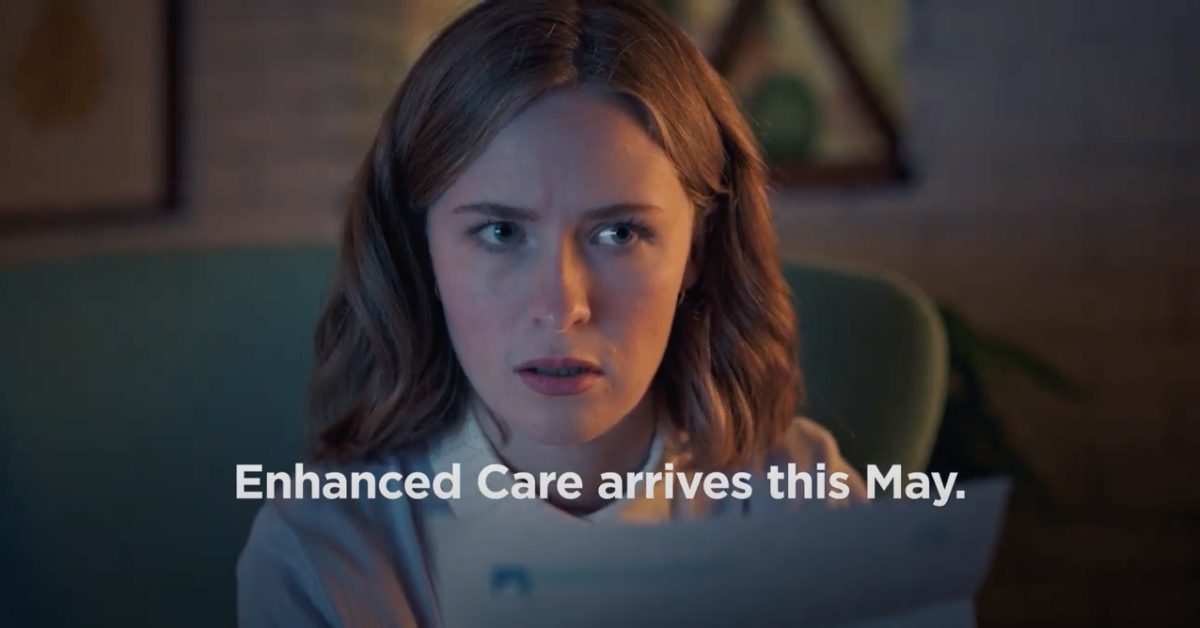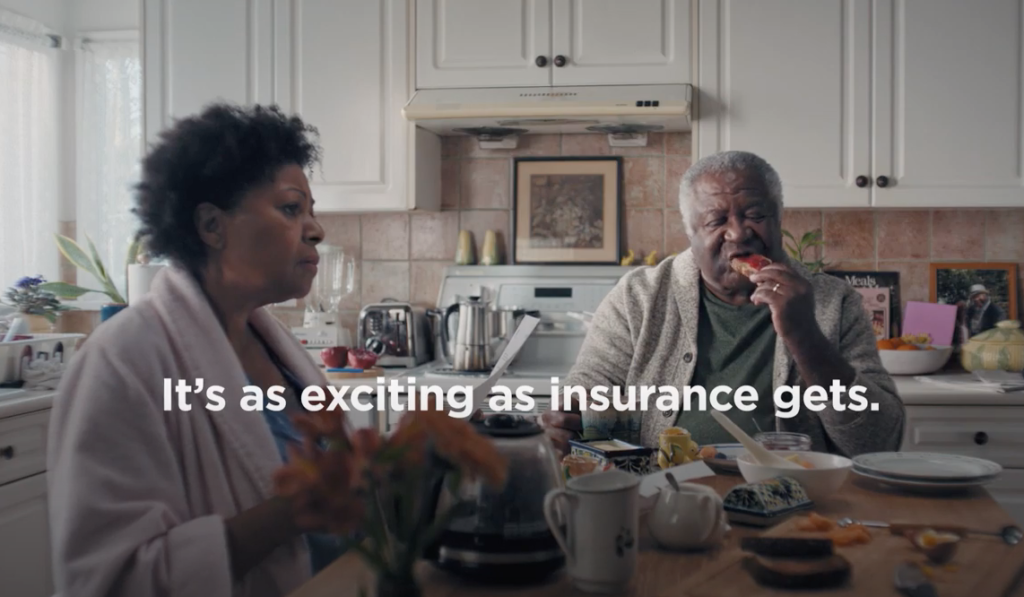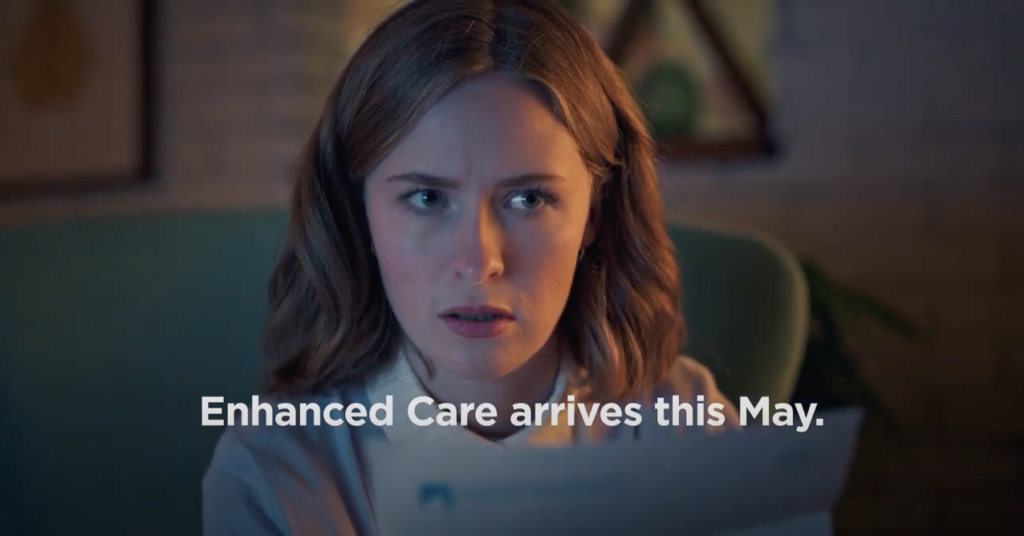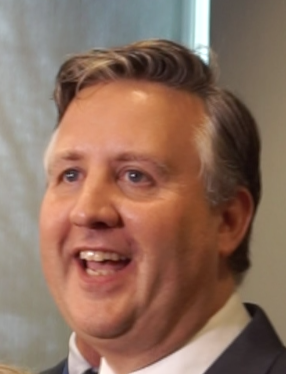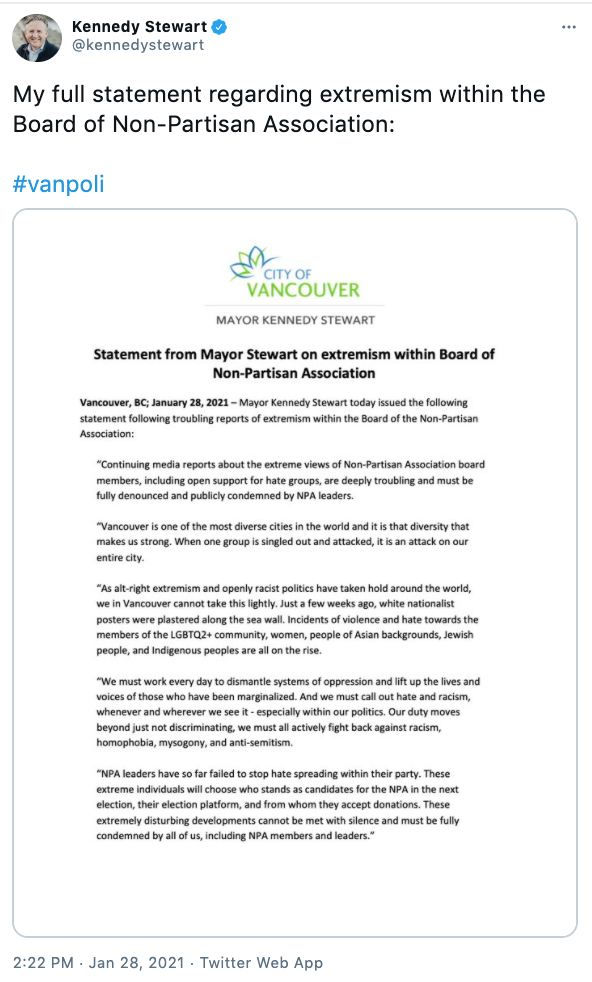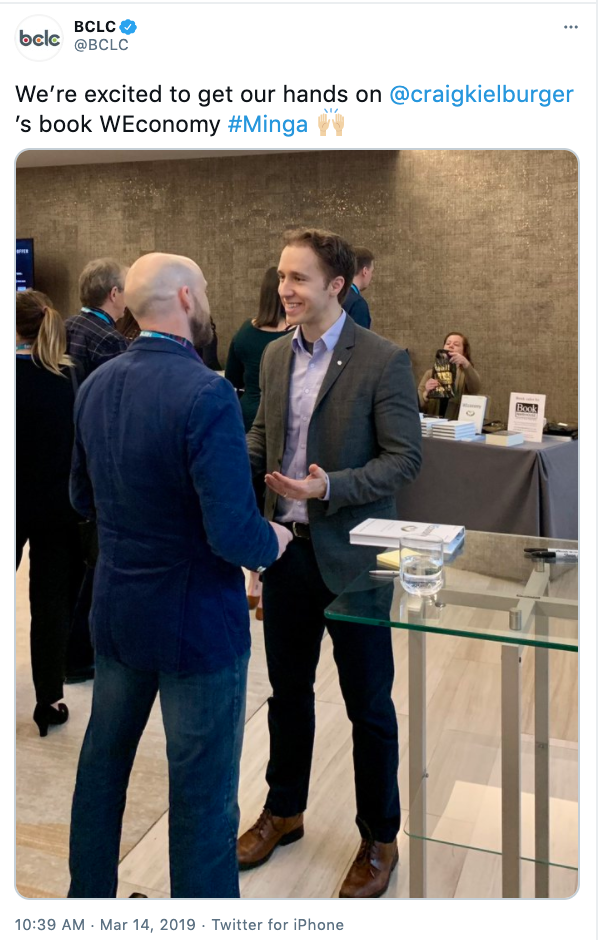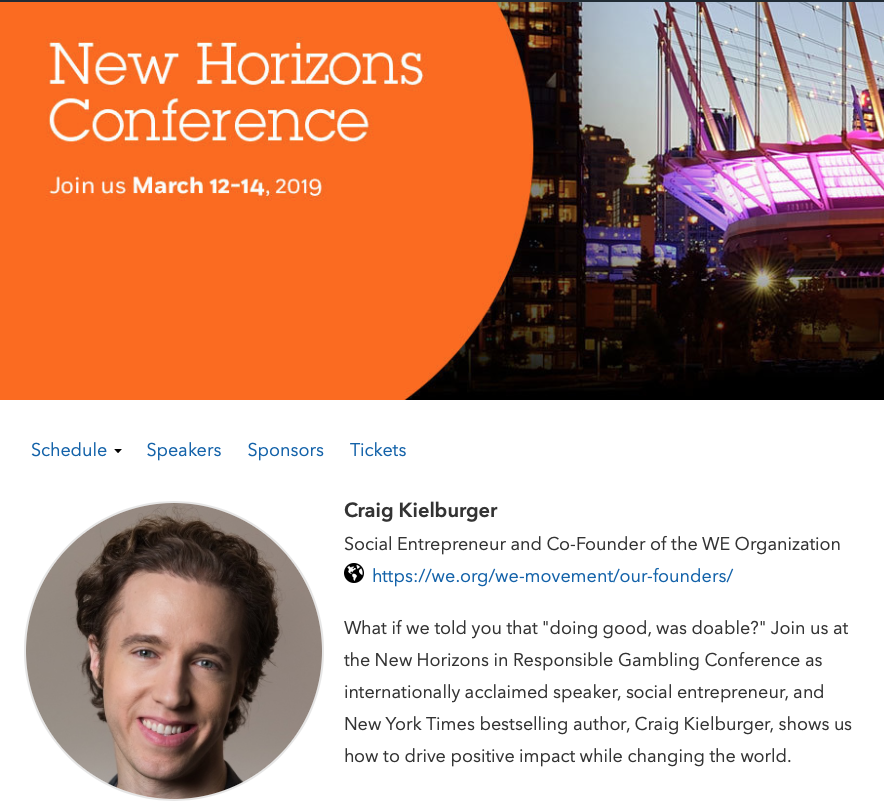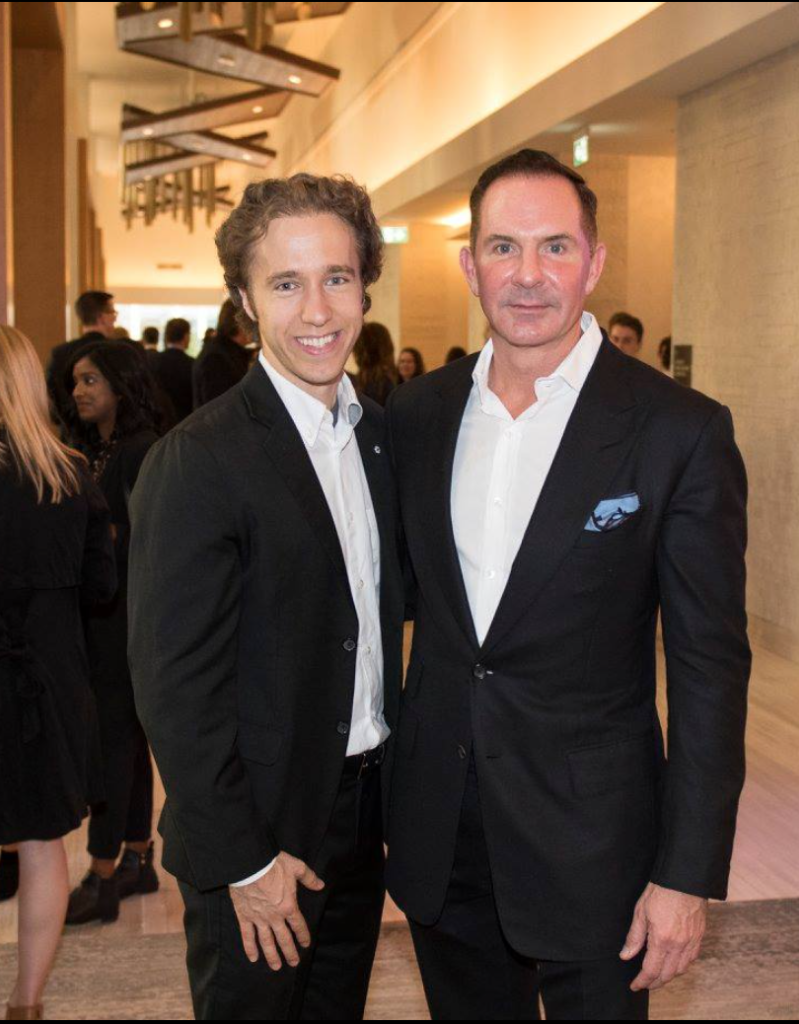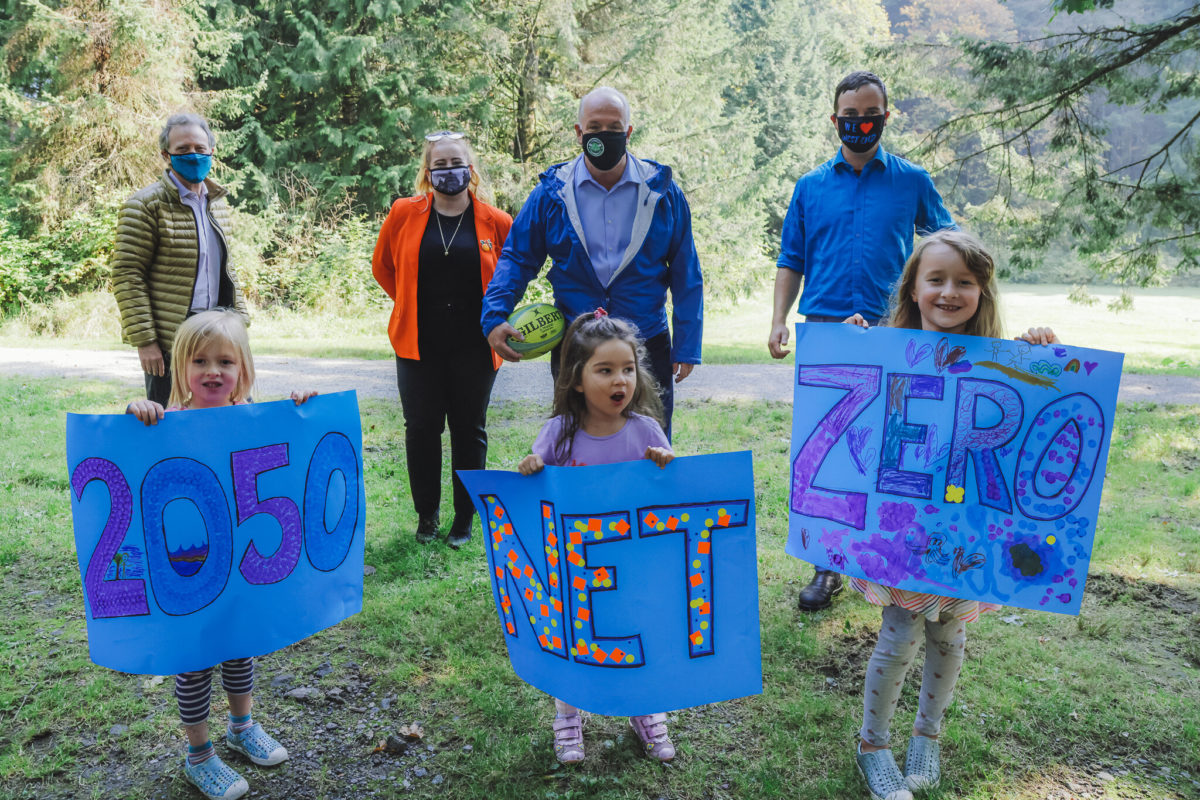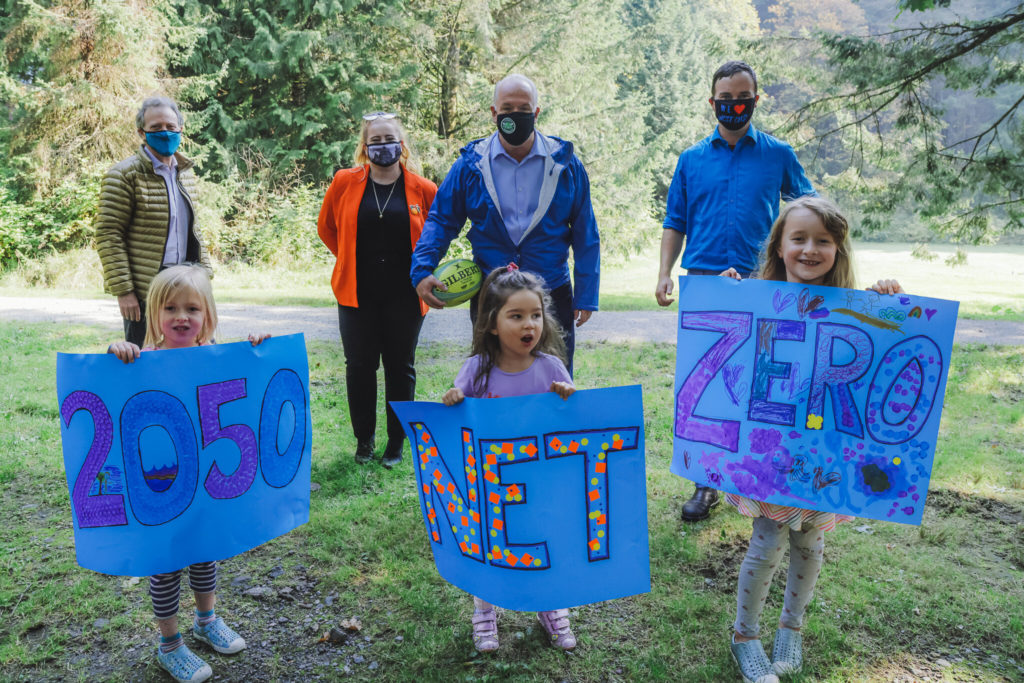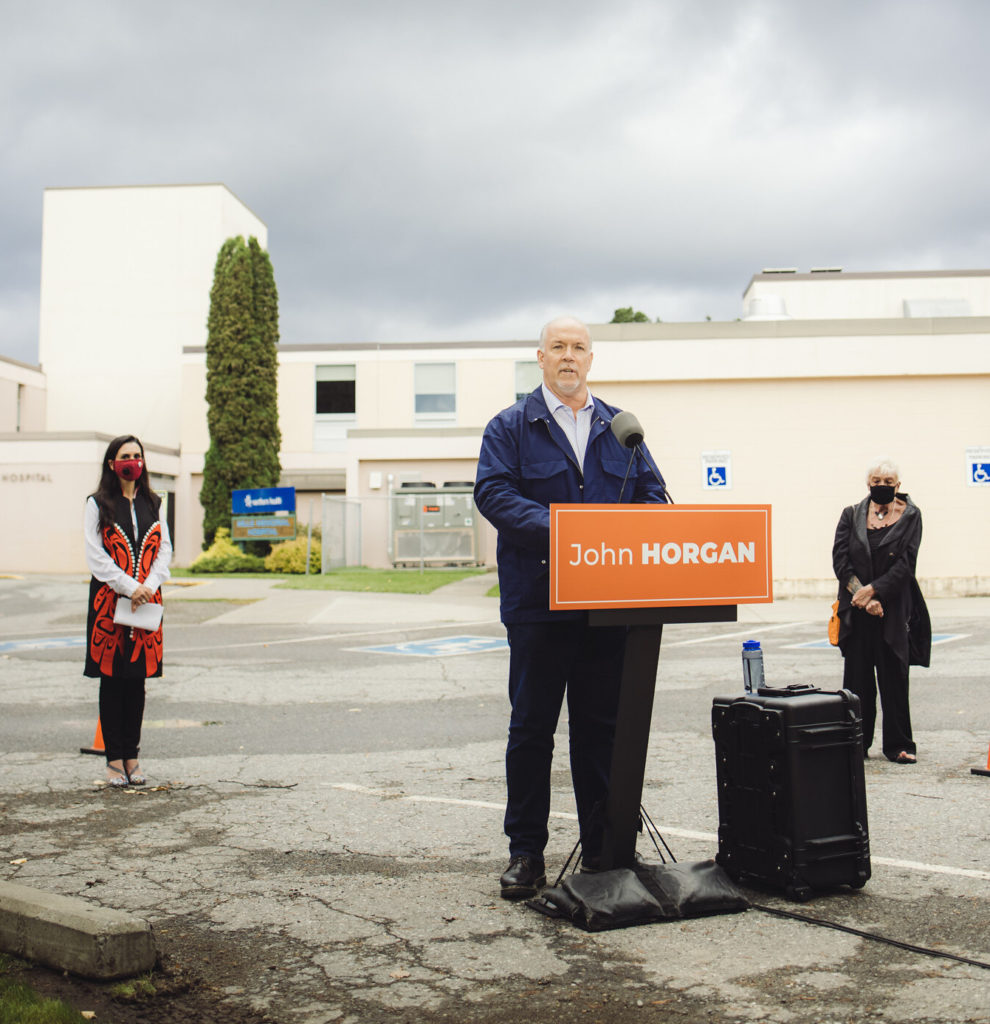B.C. health authority boss fired after review of botched bulk mask buy
Bob Mackin
An outsourced review of the Provincial Health Services Authority springtime spending scandal led to the Feb. 9 firing of CEO Benoit Morin.
His interim replacement is Dr. David Byres, the assistant deputy minister of health.
Morin was cleared of conflict of interest after he bought millions of dollars of faulty N95 masks that were later written-off, but there was evidence found of friction with senior management.

Ex-PHSA CEO Benoit Morin (PHSA/Facebook)
The report, by John Bethel of Ernst and Young, was released Feb. 9, almost a month after its original deadline of Jan. 15. Bethel was assistant deputy minister of health from 2009 to 2012, during the BC Liberal administration. The cover of the report showed gloved hands disinfecting a door handle, even though the main issue was the respirator procurement.
Morin was new in the $352,000-a-year job in early 2020 when the coronavirus pandemic hit and PHSA scrambled to find personal-protective equipment (theBreaker.news was first to report that the B.C. NDP government had failed to replenish emergency stockpiles in 2019).
Morin directed staff to send a $6.95 million deposit to Montreal-based supplier Luminarie. After the orders were placed, an obituary was circulated within PHSA that apparently showed a personal relationship between Morin and a founder of Luminarie.
While Morin “personally initiated and directed the initial purchase,” Bethel reported no pre-existing relationships between Morin and the executive from the Montreal vendor. Morin had been introduced to the company by a health executive in Quebec who had previous dealings with the company.
PHSA made the $6.95 million deposit on March 24, 2020, a week before fiscal year-end. The China-manufactured goods arrived in April but failed provincial testing protocols — an unspecified amount was deemed counterfeit. The prepaid balance for $6.95 million was recorded in the 2020 year-end books, to the opposition of Morin. The board wanted external auditors to examine the issue and an external engineer was hired to determine if the masks could be salvaged for other uses.
“This write-off was ultimately supported by the PHSA’s external auditors and the chair of the audit committee on behalf of the board,” the Bethel report said. “The board and the CEO continue to have concerns that a write-off of this magnitude should have been raised with them in advance of it being recorded.”

John Bethel (EY/LinkedIn)
When the shipment was deemed useless, the board and Morin preferred negotiations with Luminarie rather than litigation.
“When such negotiations apparently failed other executive members decided to pursue legal action against the Montreal vendor without informing the CEO or the board of directors. We were also informed that in January 2021 the Montreal vendor filed for bankruptcy, rendering the likelihood of any significant recovery to be low.”
Bethel blamed a “disconnect” between the CEO, board and staff over what action to take and when it should have been taken.
The report also said three executives and the chief internal auditor left PHSA in 2020, after the conflict of interest allegation against Morin. Morin sought to fire three of them at the end of April 2020 for cause. In-house lawyers and two external firms were retained.
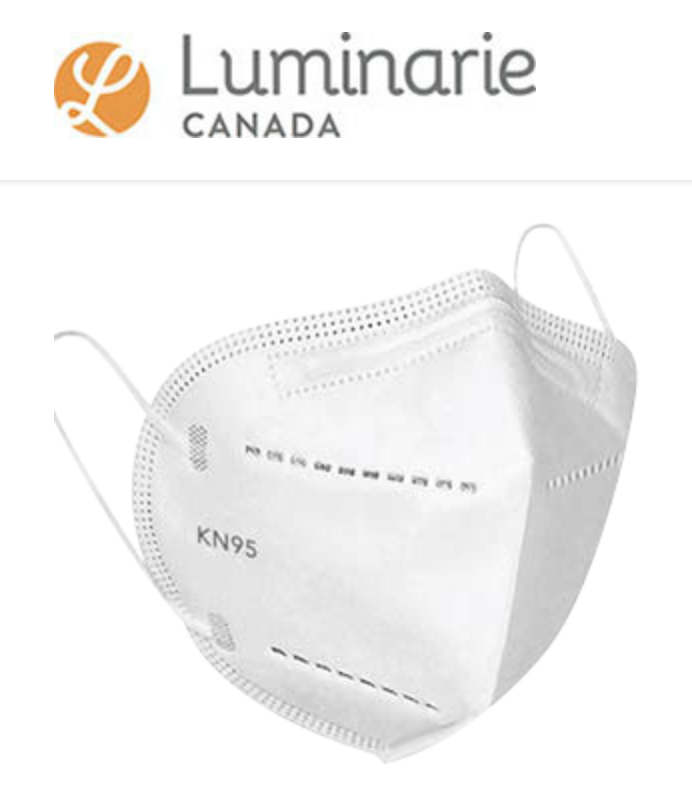
Montreal-based distributor Luminarie
“We have been informed that the then-desire to terminate these individuals was due to a perceived ‘lack of loyalty’ to the CEO related to their roles and involvement in the problematic PPE purchase,” the report said. “All of the employees’ departures were at least in-part related to a perceived lack of loyalty to, and/or friction with, the CEO.”
The report did not delve into other issues, including the unbudgeted renovations to PHSA executive offices, hiring and compensation for staff in Morin’s office and the work environment and staff morale. “These issues have been discussed with the deputy minister of health,” Bethel wrote.
Excessive catering expenses for staff and executives from mid-March to mid-June were not mentioned.
CBC originally reported on the spending scandal Nov. 30, more than a month after the NDP won a majority in the snap fall election that was not required by law until October 2021.
Health Minister Adrian Dix told CTV that Morin was being fired without cause and would receive nine months severance. By theBreaker.news calculation, that could be as much as $270,000. Dix did not mention whether Morin would be subject to a standard non-disclosure clause.
The Bethel report was released several hours after the B.C. Auditor General published his report on management of medical device cybersecurity at PHSA.
Michael Pickup found that PHSA had not evaluated all cybersecurity threats and their potential harm to patients, is not effectively managing cybersecurity risk on all medical devices and lacks many cybersecurity controls for its medical devices.
The bottom line, Pickup concluded, is that PHSA cannot apply appropriate security controls to all systems and devices and it may not be able to detect when systems and devices on medical device networks are attacked. There are over 18,000 of such devices in the Lower Mainland, ranging from from MRI machines to infusion pumps. The audit covered November 2019 to May 2020.
Support theBreaker.news for as low as $2 a month on Patreon. Find out how. Click here.
Bob Mackin An outsourced review of the Provincial






